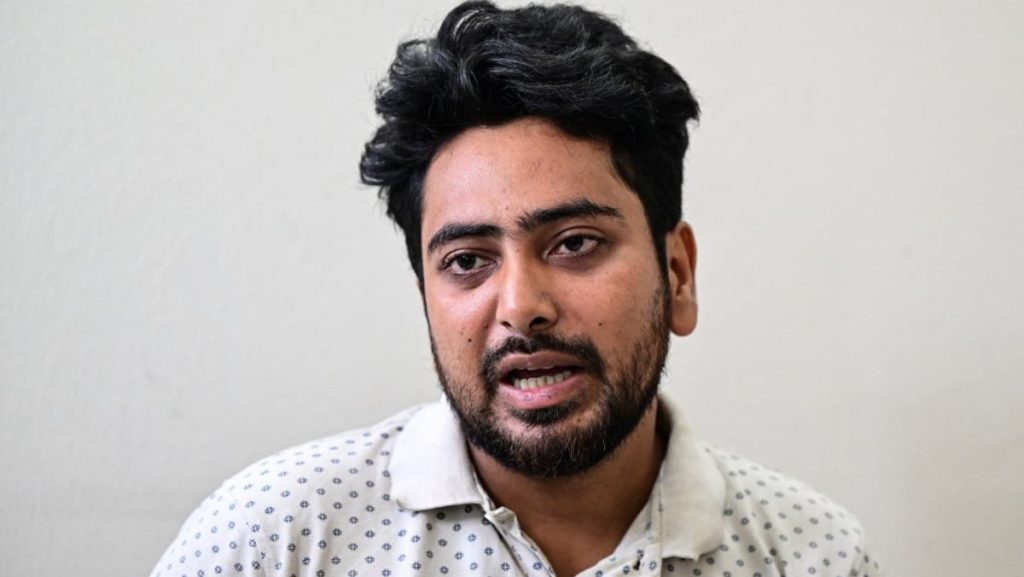The moratorium on student protests in Bangladesh was set to expire, but there was uncertainty surrounding the future actions of the group. Islam, the chief coordinator of Students Against Discrimination, expressed fear for his life after being detained, blindfolded, and handcuffed by individuals claiming to be police detectives. He was found the next morning on a roadside in Dhaka. Mahmud, who was also previously detained and beaten by police, shared a similar experience.
Despite the claims made by Islam and Mahmud, three senior police officers in Dhaka denied that the two students had been taken into custody from the hospital. Police reported that over 4,000 people had been arrested since the unrest began, with 2,500 arrests being made in Dhaka alone. The student protests originally started in response to the reintroduction of a scheme in June that reserved over half of government jobs for specific candidates.
The reintroduction of the job reservation scheme upset many graduates in Bangladesh, where approximately 18 million young people are unemployed. This move exacerbated the already existing job crisis in the country, leading to increased tensions and protests among students. The unrest continued to grow, prompting a moratorium to be placed on student protests until recently.
The experiences of Islam and Mahmud shed light on the human rights abuses and police brutality faced by protesters in Bangladesh. The government crackdown on the protests has led to thousands of arrests, raising concerns about the safety and security of those who are peacefully demonstrating. The lack of transparency and accountability within the police force has further fueled mistrust between law enforcement and the general public.
The situation in Bangladesh highlights the importance of protecting freedom of speech and peaceful assembly for all citizens, especially students who are raising legitimate concerns about government policies. The need for dialogue and communication between authorities and protesters is crucial in addressing the underlying issues that have caused the unrest. It is essential for the government to address the concerns of young people in Bangladesh and work towards creating opportunities for them, rather than resorting to violence and suppression.
As the protests in Bangladesh continue, the international community must closely monitor the situation and hold the government accountable for any human rights violations that may occur. The voices of students and young people must be heard, and their grievances should be addressed through peaceful and constructive means. It is only through dialogue, understanding, and respect for human rights that a sustainable resolution to the current crisis can be achieved.


